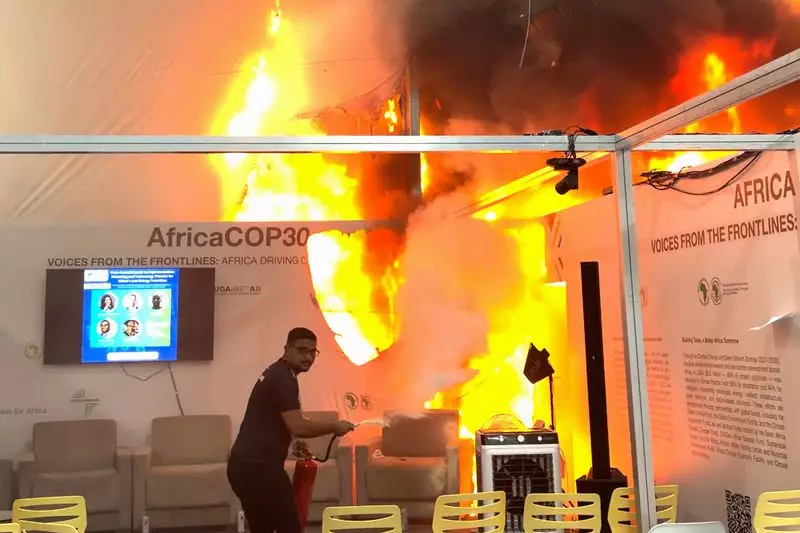
The draft text for the upcoming COP30 climate summit in Brazil has ignited international concern by conspicuously omitting any concrete roadmap for phasing out fossil fuels. This development comes despite growing scientific consensus about the urgent need to transition away from coal, oil, and gas to meet global climate targets.
What the COP30 Draft Text Reveals
The preliminary document, which will form the basis for negotiations when world leaders gather in Belem this November, focuses primarily on climate finance and adaptation measures. However, environmental advocates have expressed alarm at the absence of specific language committing to a fossil fuel phase-out timeline. The draft instead emphasizes the need for "just and equitable energy transitions" without defining clear milestones or targets for reducing dependence on fossil fuels.
Brazil, as the host country, has proposed this framework amid ongoing debates about how developing nations should balance economic development with climate responsibility. The draft text acknowledges the "principle of common but differentiated responsibilities" between developed and developing countries, a point of continued tension in climate negotiations.
Global Reactions and Implications
Climate organizations and vulnerable nations have responded with disappointment to the draft's omissions. Many had hoped that COP30 would build on the modest progress made at previous summits by establishing a clear path away from fossil fuels. The current text raises questions about whether the international community can maintain the momentum needed to limit global warming to 1.5°C above pre-industrial levels, as outlined in the Paris Agreement.
Several European countries and small island nations have already indicated they will push for stronger language during the actual negotiations in November. However, the initial framework suggests that reaching consensus on fossil fuel phase-out timelines will face significant political hurdles, particularly from nations with substantial fossil fuel interests or those prioritizing economic development.
The Road to COP30 in Brazil
With the summit scheduled for November 2025 in Belem, located in the Brazilian Amazon, the host country faces pressure to demonstrate leadership on climate issues. Brazil's own energy transition plans and Amazon conservation efforts will likely receive increased international scrutiny in the coming months. The draft text's approach reflects the challenging balancing act between environmental imperatives and economic realities that many developing nations face.
As preparations continue for the critical summit, climate advocates warn that failing to address fossil fuel dependence directly could undermine global climate efforts. The final agreement reached at COP30 will set the tone for international climate action through the crucial period leading to 2030, when emissions must be dramatically reduced to avoid the worst impacts of climate change.





